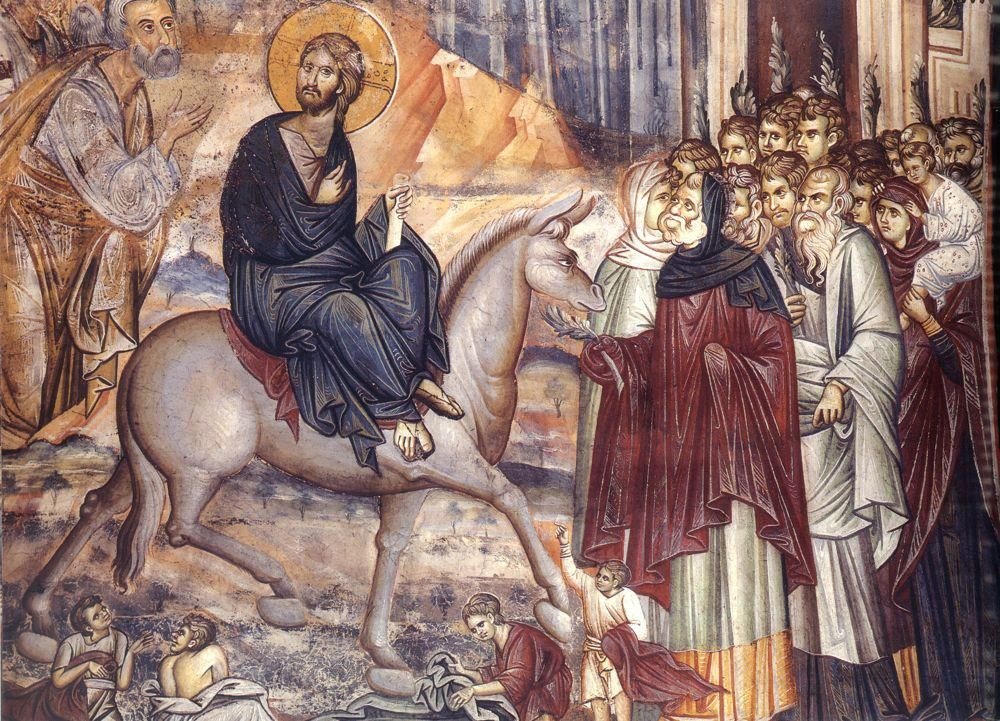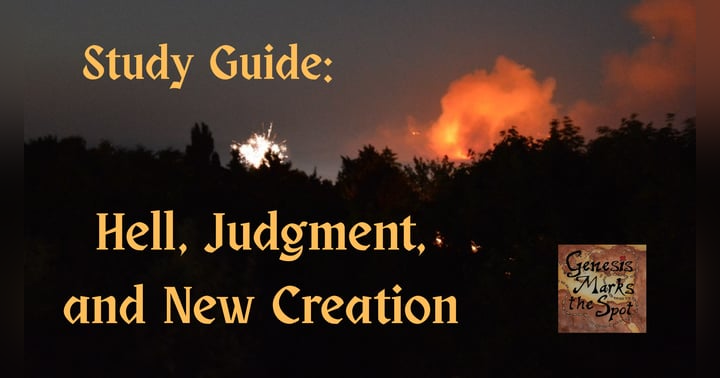Shared Name, Different Frame: 'God' Across Traditions

This post is a special request. (Okay, to be fair it wasn’t really a request for a blog post, but it was a question someone asked, and to answer it, I need to do so in a formatted way. So here we go! This can help with our understanding of frame semantics, too! Bonus!)
QUESTION: Do rabbinic Judaism and Christianity worship the same God?
We’re going to examine how meaning is constructed within each tradition's theological and narrative context. To analyze this using frame semantics, we’ll treat the term "God" as a lexical unit that activates different frames depending on the speaker, text, and tradition.
Let’s walk through the framework together, and this is going to be a technical one, so bear with me here:
Frame Semantics Analysis: "God" in Rabbinic Judaism vs. Christianity
1. Lexical Unit (Word in Context):
→ “God” / Elohim / YHWH / Theos / HaShem
Both traditions have this lexical unit (ie, the word referencing our subject we’re analyzing), but each tradition’s activated frame may differ.
2. What kind of scene or frame is being evoked?
Each tradition evokes a Theological Identity Frame for “God,” but with key differences in covenantal relationships, revelation, and Christology.
3. Name or Describe the Frame:
A. Rabbinic Judaism's Frame:
A post-Temple theological frame where God is the covenantal deity of Israel, known primarily through Torah, Talmud, and ongoing rabbinic tradition. The frame emphasizes God’s oneness (Deut 6:4), transcendence, mercy, justice, and halakhic presence.
B. Christianity's Frame:
A Trinitarian theological frame in which God is revealed through the person of Jesus the Messiah, with the Father, Son, and Holy Spirit as distinct persons within one divine being. The frame emphasizes incarnation, atonement, relational presence, and eschatological fulfillment.
4. Identify Frame Elements:
Frame Element | Rabbinic Judaism | Christianity |
Divine Name | YHWH / HaShem | YHWH, but also Jesus / Christ / Spirit |
Covenant Community | Israel as Torah-observant people | Church as people in Christ (Jew & Gentile) |
Mediating Revelation | Torah, Talmud, rabbinic tradition | Jesus as Logos, Scripture (OT + NT) |
Divine Presence | Shekinah, prayer, Torah study | Indwelling Spirit, Jesus as Immanuel |
Salvation / Repair | Teshuvah, Torah observance, God's mercy | Atonement through Christ, resurrection |
Messianic Expectation | Future human Messiah, not yet arrived | Jesus as the fulfilled Messiah |
Sacred Texts | Tanakh + Oral Torah | Tanakh (OT) + NT |
5. How Does the Frame Shape Meaning?
Each tradition uses the word “God” as a portal into a full theological frame—so while the term is shared, the activated frame diverges in ways that shape worship, identity, and trust.
- For Rabbinic Judaism, “God” evokes a covenantal, non-incarnate, singular, indivisible Being, deeply woven into communal halakhic life.
- For Christianity, “God” is understood through Christ, including divine suffering, incarnation, and resurrection, with Trinitarian communion as the frame.
This divergence doesn’t mean two completely different deities, but that the narrative frames and relational dynamics have shifted—especially in terms of mediation and revelation.
6. Related or Overlapping Frames:
- Covenant Frame (Abrahamic, Mosaic, New)
- Temple Presence Frame (Shekinah vs. Jesus as Temple)
- Messiah Frame (future vs. fulfilled)
- Exodus Frame (liberation, formation, identity)
7. Summary of Frame-Based Meaning:
Though “God” refers to the same historical deity pre-Jesus (YHWH, God of Abraham, Isaac, and Jacob), the activated frames in each tradition differ significantly—particularly around the role of Jesus, the nature of revelation, and how divine presence is mediated. In frame semantic terms, the same lexical unit (“God”) activates different theological frames, resulting in partially overlapping but not fully congruent referents.
So, do Rabbinic Judaism and Christianity worship the same God?
From a truth-conditional standpoint, many would say “yes,” due to shared origins.
From a frame semantic perspective, we might say:
They name the same historical deity, but their worship is rooted in distinct conceptual frames—making the God they each know and relate to not fully the same in meaning, role, or identity.
The difficulty when using frame semantics is that it’s hard to determine when, exactly, a frame shifts into a new frame entirely (ie, if Jews and Christians worship the same God). The crossover here is significant. It’s also significant that there is a difference in relational dynamics of elements within the frame itself (here: God in relation to his people).
To a point, Christians may be more likely to say that we worship the same God, because most Christian theological frames assume continuity with the Hebrew Bible (Tanakh). “God” is activated through a Creation–Covenant–Christ–Consummation frame:
- God of Abraham → fulfilled in Jesus
- Jesus himself worshipped this God
- Paul in Romans 11 speaks of Israel as the “root” into which Gentiles are grafted
So from within the Christian narrative frame, Jews are seen as worshipping the same God, though not recognizing the full revelation in Christ. This is part of the "fulfillment" frame.
Of course, for many Christians, the lack of recognizing Jesus is a deal breaker. You don’t see Jesus as God, then you don’t see or know who God is.
Jewish Frames Emphasize Distinction and Idolatry Concerns
That being said, rabbinic Judaism is far more likely to believe that Christians don’t worship YHWH. Judaism activates a Torah–Covenant–One God frame, with strict monotheism and resistance to any incarnational or Trinitarian reinterpretation.
From within this frame:
- The Christian God may appear polytheistic (Father/Son/Spirit)
- Worship of Jesus as divine may be seen as avodah zarah (foreign worship or idolatry)
- Historical memory of persecution in the name of “Jesus” further reinforces this boundary
So for many observant Jews, especially within Orthodox or Hasidic communities, the Christian view of God departs too far from the biblical frame to count as “the same God.”
Theological Implications
- Christians often operate in a "telos" (goal-oriented) reading of the Hebrew Scriptures.
- Jews are more oriented to a "torah-centered" continuity, without the frame shift of incarnation.
So even though the lexical unit “God” is shared, each tradition’s frame elements and frame functions diverge, leading to different theological judgments about sameness.
Final Thoughts
I am not making any determination here, myself. I came out of the LDS church in my faith into historical Christianity. Most Christians would say that LDS people do not believe in the same God, but I have had a relationship with God all my life. I didn’t go from worshipping one God to a different God upon my leaving the LDS faith (but I will not claim the same for everyone in the LDS church), so I am sensitive to the fact that there’s much we don’t know about God’s workings in the world and how He draws people to Him.
My suggestion is not to get hung up on judging where someone is in their faith and discipleship walk, even if that looks wildly different from your own. To be clear, I am not saying that that means we leave people where they are if they are not in the historical Christian faith. This is a matter of preaching the gospel of King Jesus and making disciples of Him.
Continue in that work. Meet people where they are, because surely that’s what God is doing, too.








